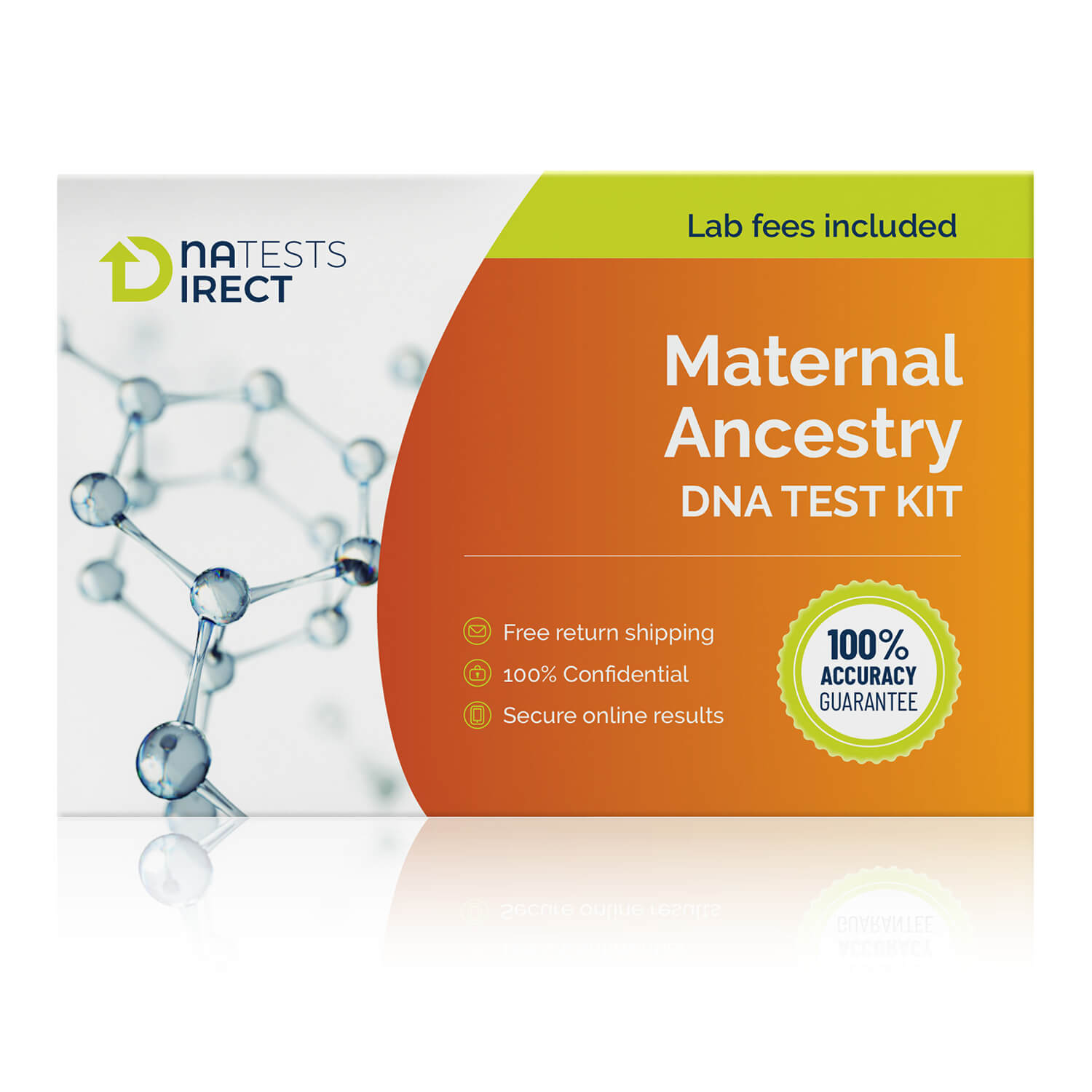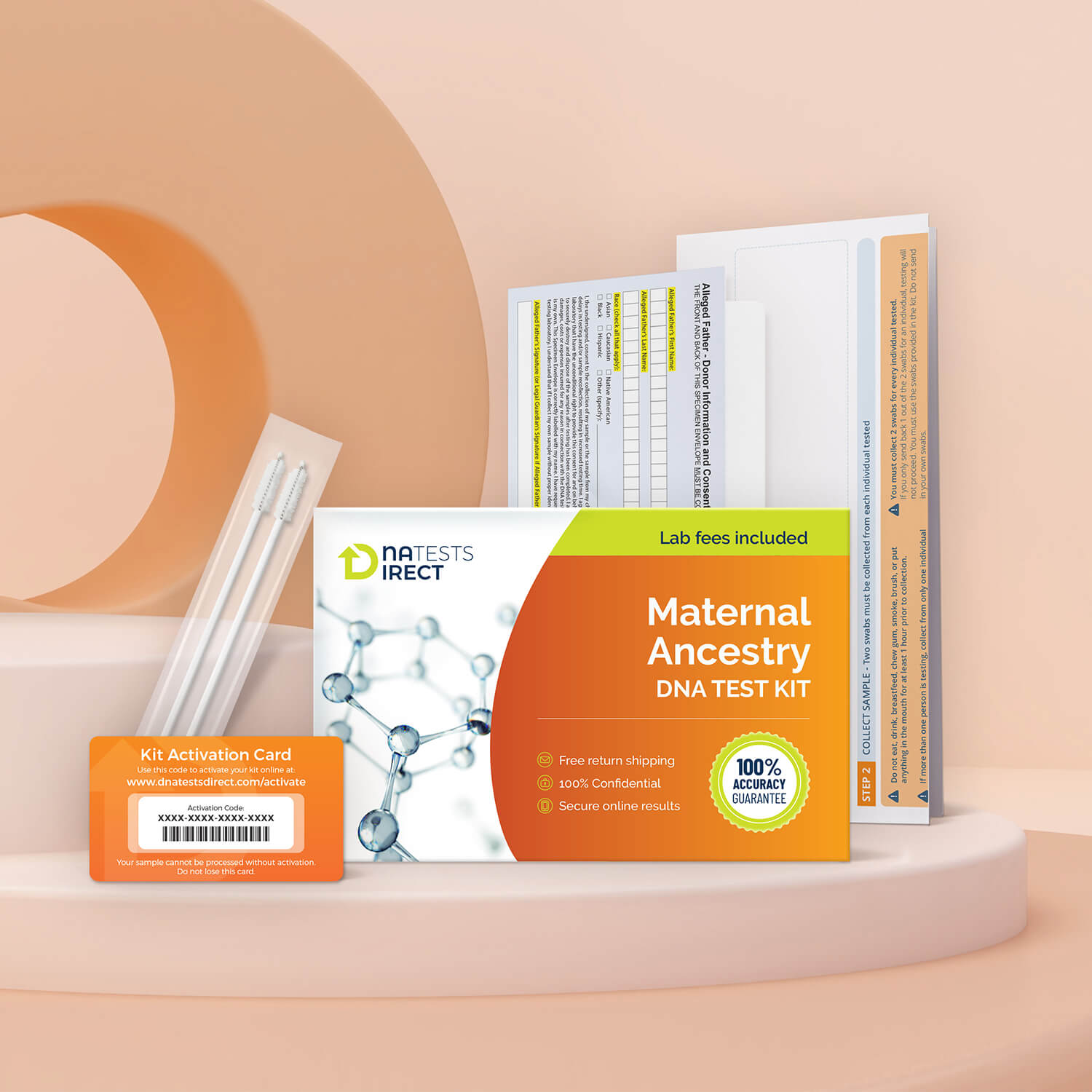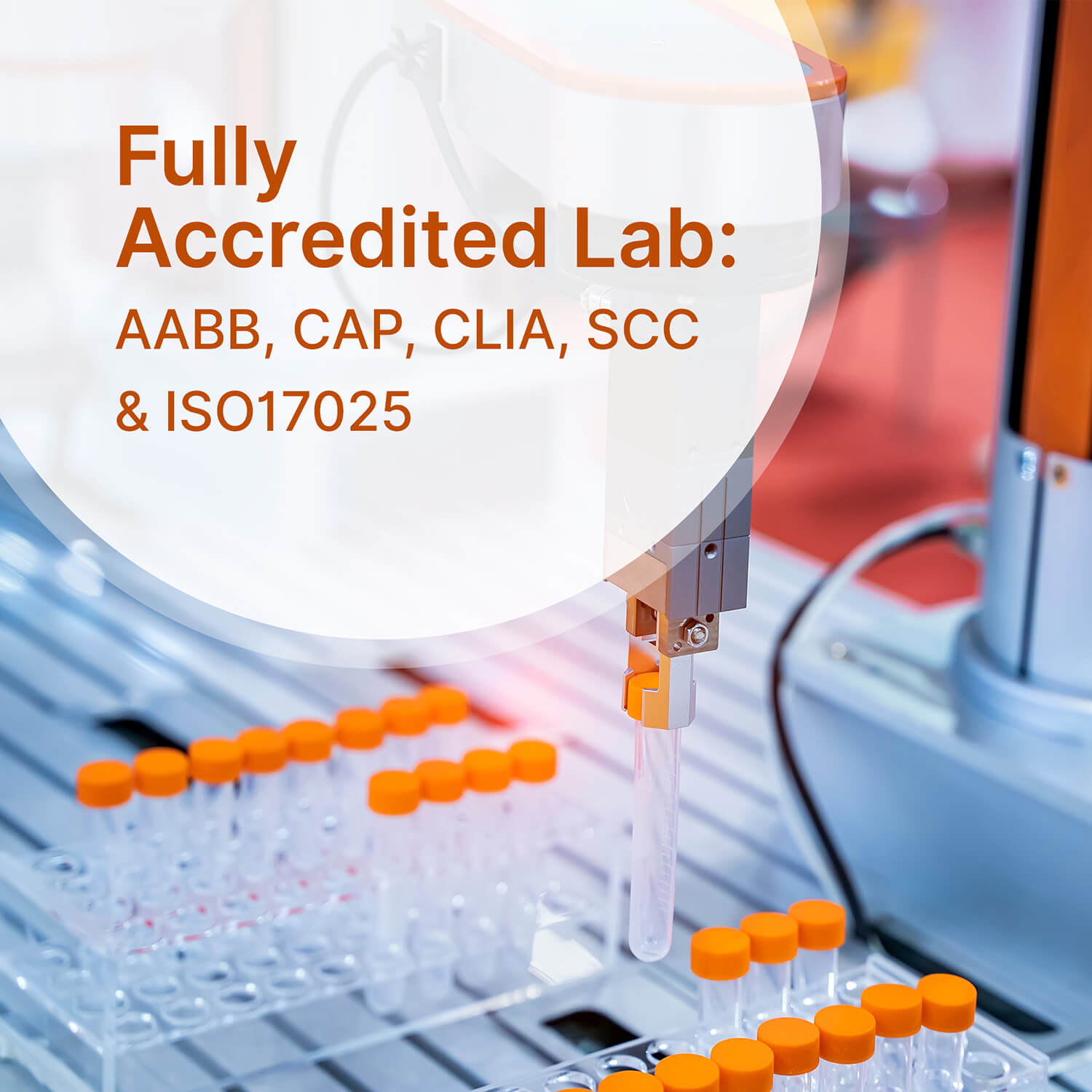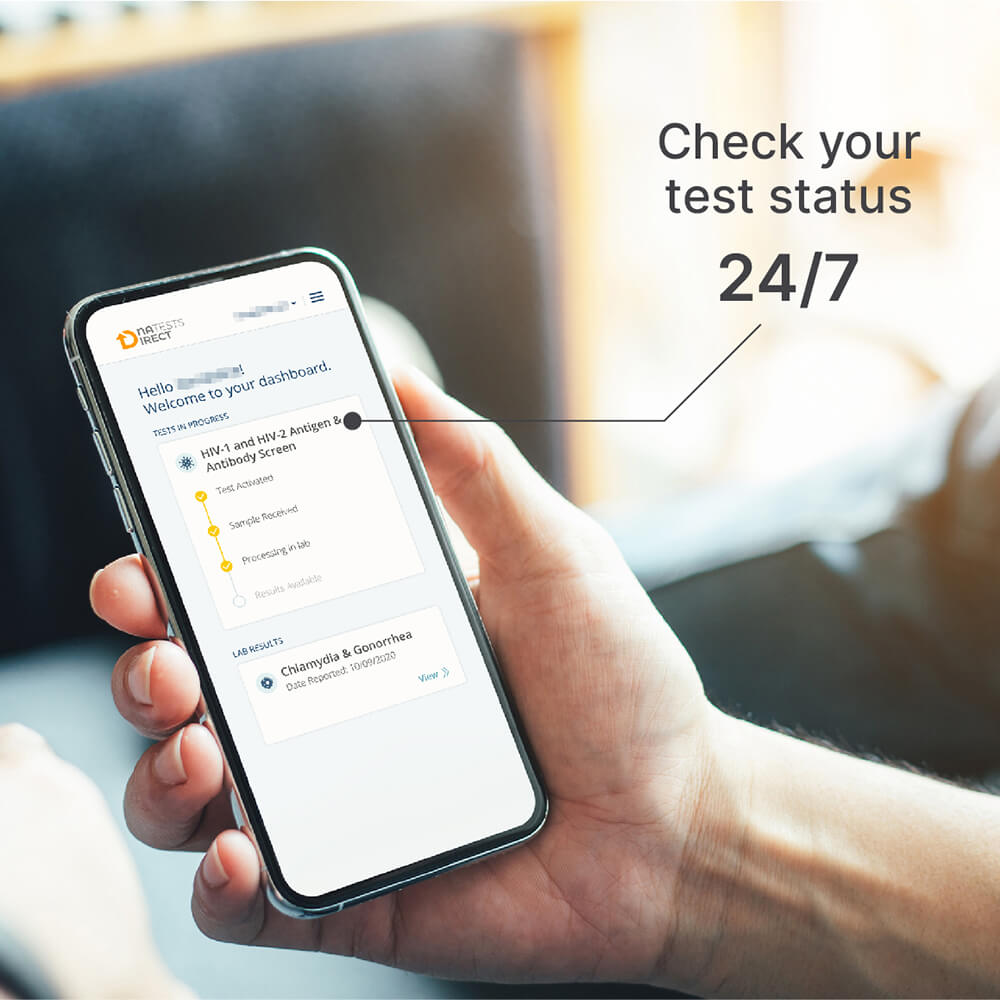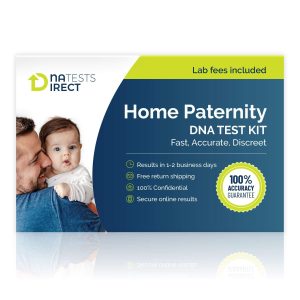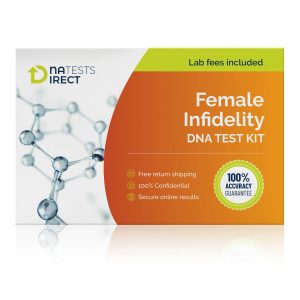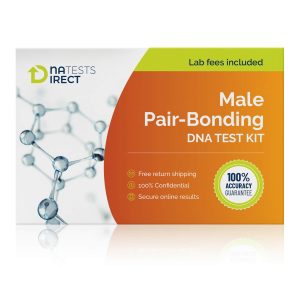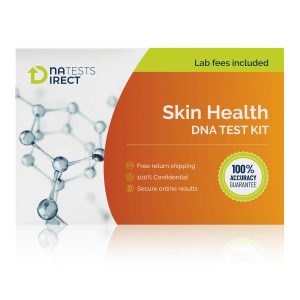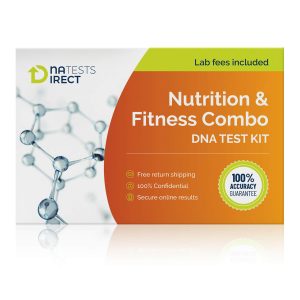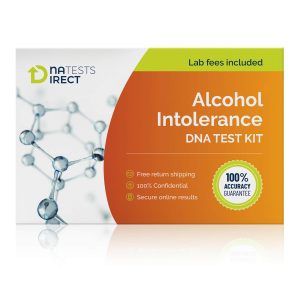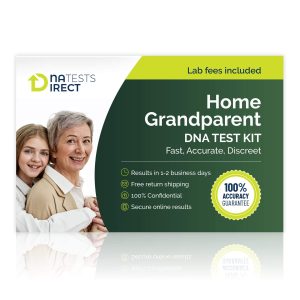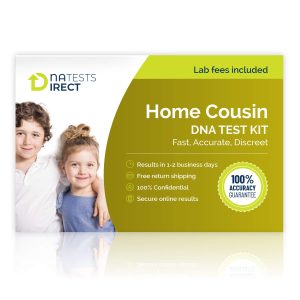Maternal Ancestry Test (mtDNA)
CA$196
Out of stock
Where do your ancestors come from?
The maternal ancestry test can help answer that question! We test your mitochondrial DNA (mtDNA) to trace your maternal origins (your mother’s, mother’s, mother’s … origins), so you can find out where your ancestors once lived. In the process, we can help you identify long-lost relatives. This test is especially useful for people who have been adopted and wish to find biological relatives.
How It Works

Order your DNA Kit
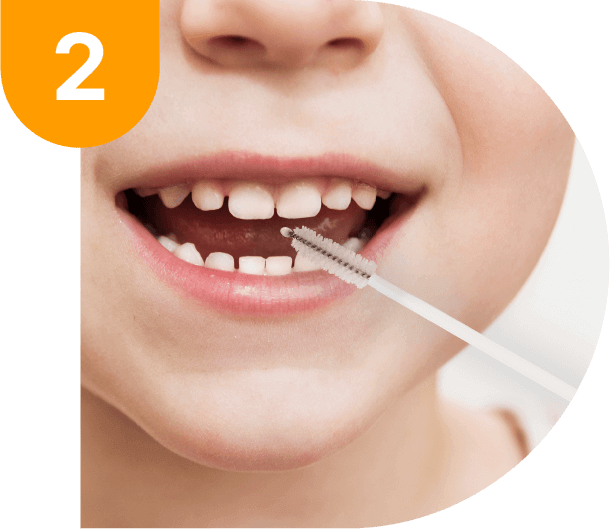
Collect DNA Samples
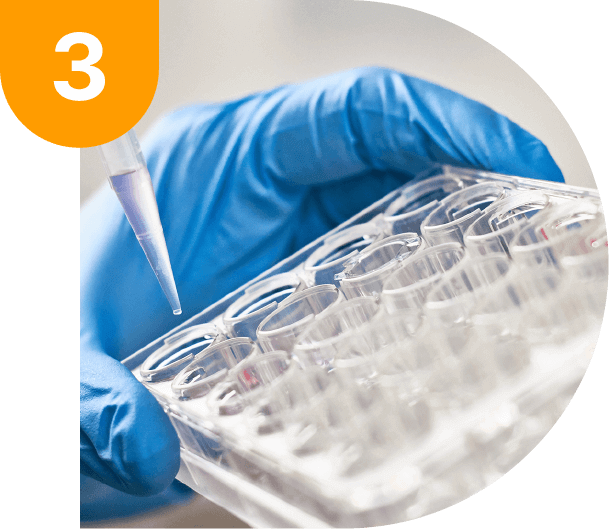
Lab Analysis
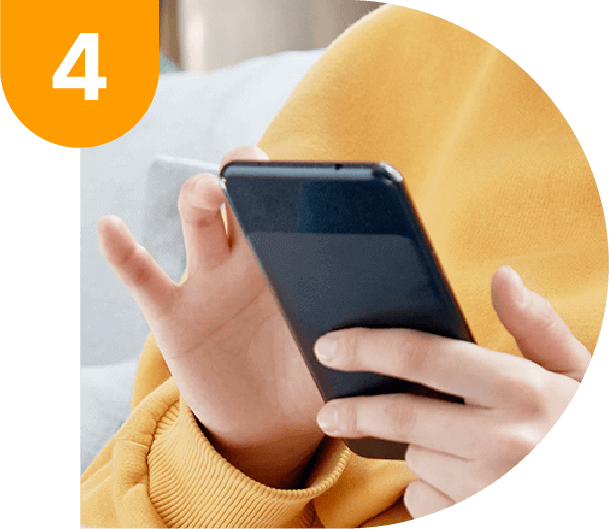
Receive your results
What is mtDNA?
Mitochondrial DNA is the circular DNA found inside the mitochondria. Each cell contains several mitochondria and each mitochondrion contains dozens of copies of the 16,569 base pairs of mtDNA. So, in every cell there can be thousands of copies of mtDNA, which differs from only two copies per cell of the linear and much larger nuclear genome. Each individual inherits mtDNA from only their mother. Hence there is no mixing (recombination) of the mtDNA from generation to generation. As mtDNA essentially remains unchanged through the maternal line, it provides an incredibly useful way to trace maternal ancestry.
What do we test?
Your mtDNA genome contains 16,569 base pairs. That is 16,569 different places that a DNA change can occur! DNA SNP chips (used by many ancestry testing companies) detect less than 20% of all these possible changes. We use Sanger Sequencing, the GOLD standard for DNA sequencing, to identify every single base pair. If you carry a mtDNA genetic variant, our technology will detect it, GUARANTEED.
The mtDNA genome contains three regions: two hypervariable regions (HVR1 and HVR2) and the more conserved coding region. You have the following choices when ordering a maternal ancestry test:
- Sequence just one or both of your hypervariable regions so that you can accurately compare your mtDNA to published data from hundreds of famous historical figures and ethnic groups around the world.
- Upgrade to the full mtDNA genome sequence (HVR1 + HVR2 + coding region) to confirm your ancient maternal history (mtDNA haplogroup and subclade).
Who can take this test?
Anybody, male or female, of any age can take this test. Both males and females carry mtDNA, with each gender inheriting it from their mother. This means that although a male has mtDNA and can take this test, he will not pass his mtDNA to his children.
Frequently Asked Questions
Once your sample is received by our laboratory, processing usually takes 6-8 weeks. You will receive an email notification when your results are ready, and you can access your detailed report through a secure online portal.
We take data privacy seriously. Your results are confidential and only shared with you. We do not share your results with insurance companies, employers, or any other third parties.
Why DNA Tests Direct?
Accredited Excellence
Your Privacy, Protected
Expert Support
Related Test Kits
CA$149
Do you carry a genetic variant that increases your risk of cheating on your partner? Maybe you can blame your recent indiscretion on your genes!
CA$149
Is it your genes that prevent you from making that long-term commitment to your partner? Find out if your fear of commitment is due to your genes.
CA$249
Your skin’s appearance is influenced by your diet, the environment, and your genes. Take this test so you can personalize your skincare routine to your genetic makeup.
CA$358
Unlock your genetic potential for a healthier lifestyle with our comprehensive DNA Diet & Fitness 3 Test Combo. This bundle combines three powerful tests – Nutrition, Fitness, and Weight Loss – to provide a complete picture of how your unique DNA influences your overall health and wellness.
CA$89
Discover how your genes affect your reaction to alcohol with our at-home DNA Alcohol Intolerance Test. This simple test offers valuable insights, helping you understand and manage how you drink.
CA$195
Discover the probability of a biological relationship between potential grandparents and their grandchild.
CA$195
Find out the likelihood that two people are biologically related as first cousins.

